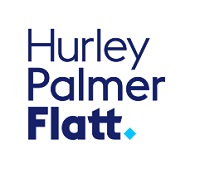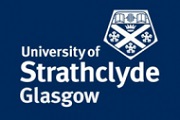Return to Associate Stories page
Hurley Palmer Flatt and University of Strathclyde KTP by Callum Rae


Hurley Palmer Flatt in partnership with University of Strathclyde
I am nearing the end of my two year KTP project, which involves the development of an energy systems modelling and design capability for Hurley Palmer Flatt, a building services and sustainability consultancy. As part of my training and development through the KTP, I recently completed a mini MBA course entitled “New Energy Realities”. This course was selected as it provided a wider look at the energy industry, as well as covering aspects such as policy and finance, which I was relatively unfamiliar with given my technical background.
The course is run by the Energy Delta Institute in the Netherlands, and focusses on the impacts of the ‘energy transition’ - from a centralised, fossil fuel-reliant model towards a more distributed, sustainable one. Specifically, the course looks at how the energy market can adapt to the (often highly disruptive) changes brought by this transition. This is done through the study of relevant business models, finance issues and innovative case studies, and involves a series of guest lectures from industry, academia and policy makers.
The course was split over two main phases, which consisted of four day residential modules. The first module took place in November 2016 in The Hague and then London, and centred on the energy market context, the need for innovation, and finance models. This involved a visit to Bloomberg New Energy Finance offices in London, and a series of presentations from consultants PwC. The second module took place in February 2017 in Berlin, and focussed on leadership and innovation within the industry. This broadened the focus to include relevant examples from across Europe, such as the success of the Nordic countries at adapting to the energy transition and the ethical implications of the energy transition.
We also had to write an essay on a related topic of our choice between the modules, with each participant presenting their essays during the second module. This provided an interesting range of perspectives from all areas of the energy business, from consumer issues through to national policy.
The opportunity to receive this level of training and development represents a key benefit of Knowledge Transfer Partnerships, and I found the course to be highly beneficial both for the KTP and for my own knowledge and development. The course also provided me with a rich network of contacts from around Europe and across all aspects of the energy business, and I enjoyed spending time with my course mates in what was an intense yet enjoyable setting. I now look forward to successfully finalising my project, after which I will take up a permanent position with my industry partner.
Callum receiving his certificate from course director Bert Stuij